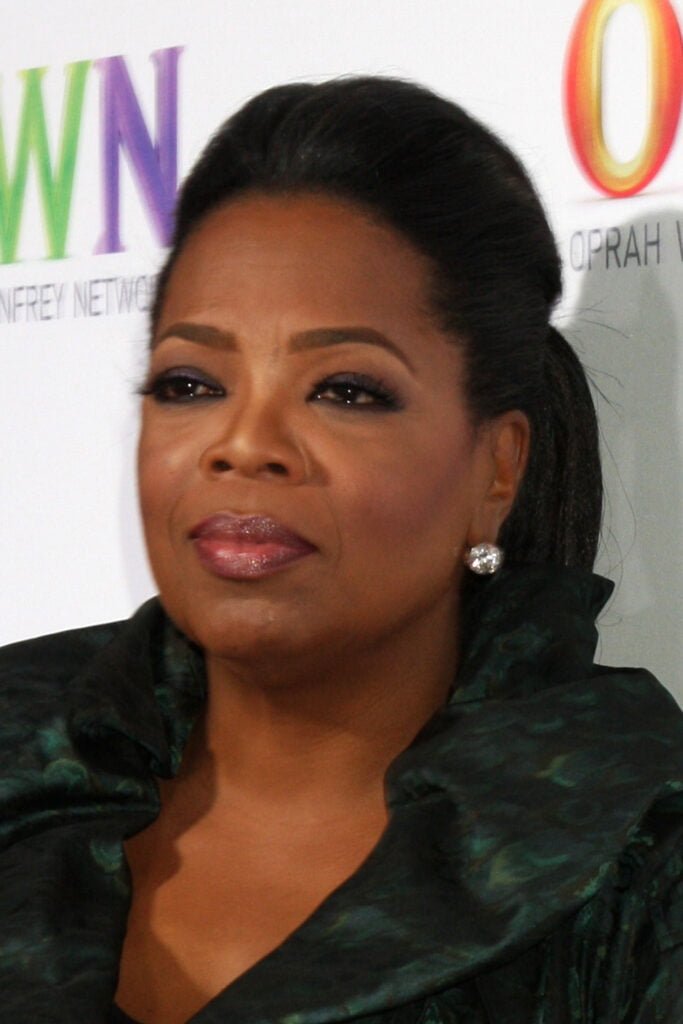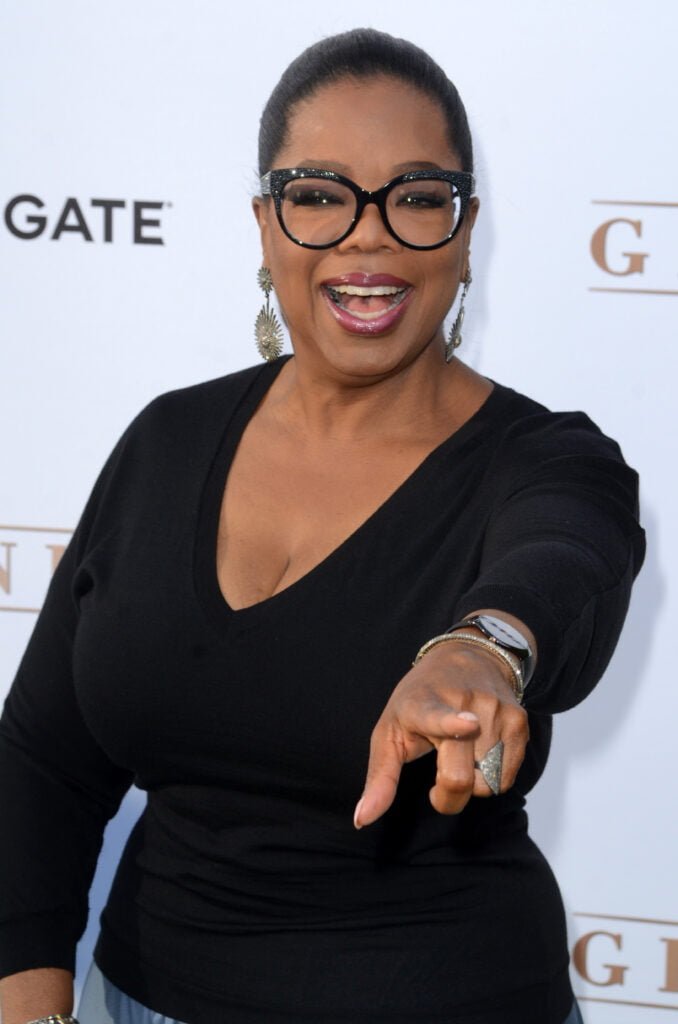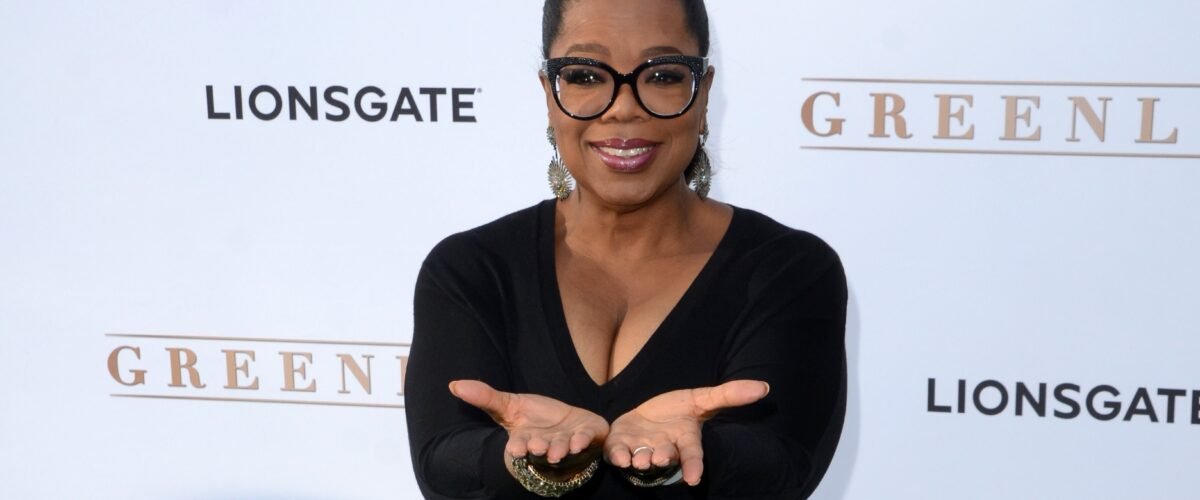In a sphere where revelation and storytelling take center-stage, the reality that unfolds behind the scenes often evokes a contrasting narrative. The entertainment industry, with its glamour and allure, hardly ever exhibits the fiscal disparity and agonizing challenges that mar its facade.
Recently, the acclaimed actress Taraji P. Henson shared striking insights into this oft-ignored aspect during an emotive SiriusXM interview with Gayle King.Towards the end of last year, December 19, to be precise, Henson vividly discussed a contentious issue that has continuously plagued the entertainment industry: pay disparity.

Her statements, candid and poignant, stirred waves of surprise and controversy. The rumors that Henson might quit acting, on account of this issue, fueled the flames even further. Verifying the possibility of this, Henson asserted, “I’m just tired of working so hard, being gracious at what I do and getting paid a fraction of the cost.”From an observer’s perspective, Henson’s revelation could come across as paradoxical or befuddling. After all, it’s perhaps hard to comprehend how someone as accomplished as Henson could experience pay disparity.
However, her words bear the bitter truth of the entertainment industry. Henson elucidated how the distasteful phenomenon is not a solitary occurrence but a recurrent theme that resonates with her peers. She added, “I’m tired of hearing my sisters say the same thing over and over. You get tired.”
To further illustrate her predicament, Henson broke down how excessive working comes as a necessary evil when the “math ain’t math-ing.” She shed light on the substantial responsibilities and financial constraints associated with her line of work.

Oprah
Henson elucidated, “When you start working a lot, you have a team. Big bills come with what we do. We don’t do this alone. It’s a whole entire team behind us. They have to get paid.”In the midst of this brewing controversy, a surprising development unfolded that involved none other than Oprah Winfrey a figure who publicly gloats about her philanthropy and “influential” stance on social issues. Henson, soon after the interview, refuted reports that claimed a pay dispute with Winfrey during their work on “The Color Purple.”
Contrary to the circulating allegations, Henson took to her Instagram to express gratitude towards Winfrey for her supportive disposition throughout their time on the movie’s production. She publicly hailed Winfrey’s understanding and communicative nature in handling the situation, debasing any insinuations of conflict over pay.

Her post held a powerful message, concluding with a line that resonated strongly: “It took ONE CALL ONE CONVERSATION to be heard.”In summation, Henson’s current revelations prove both heartbreaking and disillusioning.
They manifest a grim reminder of the persisting gender and racial pay disparities within Hollywood and the entertainment industry at large. However, these revelations also serve as a much-needed call to reflect and reform.
As a society, we are obligated to appreciate the gravity of this situation, tackle the prevalent discrepancies, and ensure every individual receives the compensation they deserve, irrespective of their gender, race, or role in the entertainment industry.

Through openness, pressure, dialogue, public scrutiny, public embarrassment and understanding, as exemplified by Winfrey, we might inch closer to achieving this goal harmoniously. Because we know these people only care about the perception of who they are not the actual person of who they are behind closed doors.
